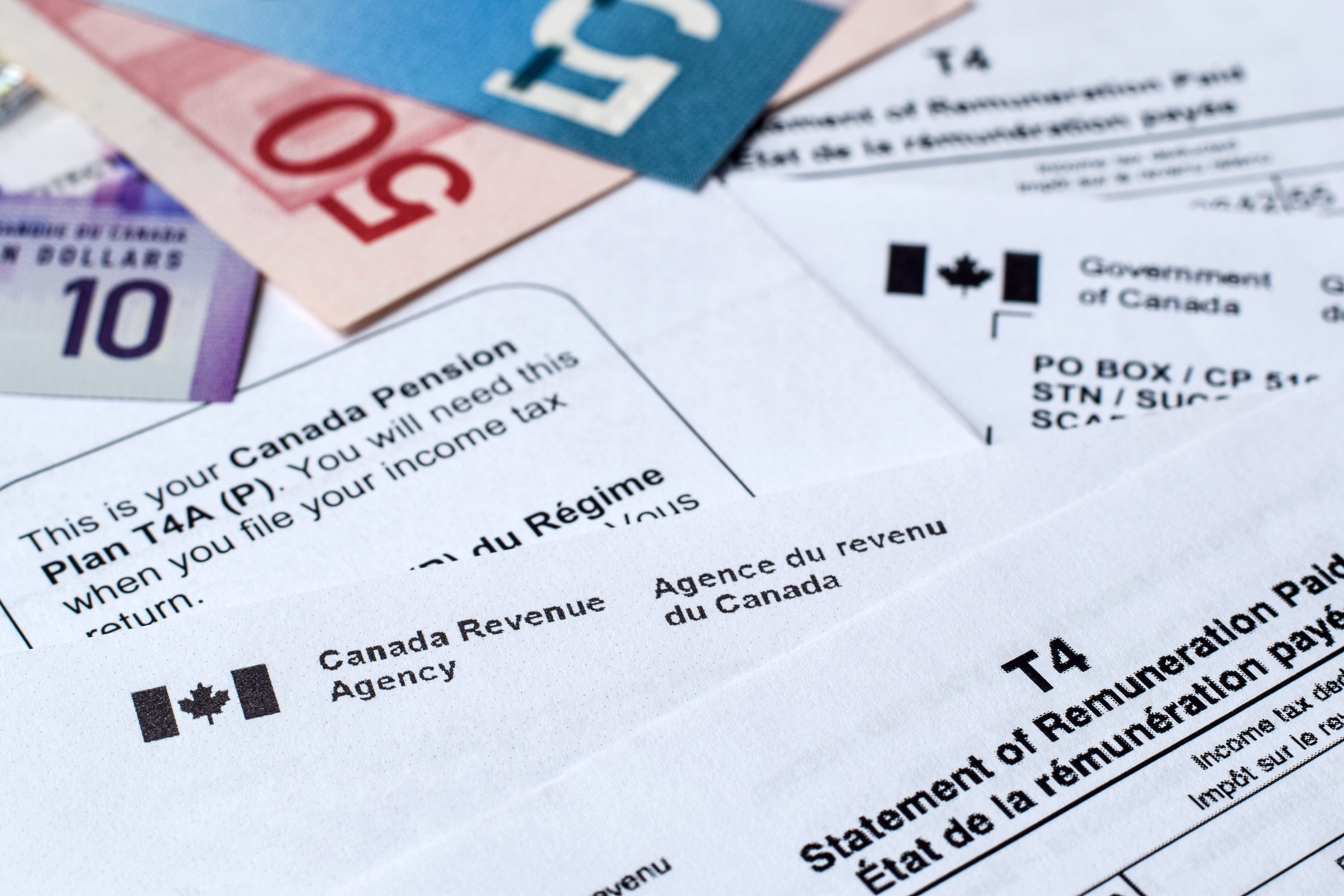Tax Planning & Preparation
Common Mistakes Small Business Owners Make With Debt Repayment
February 9, 2024

When you run a business, you need capital at some point. Using all your savings might look like the best option, but that may spell trouble with your personal finances. Taking debt is sometimes the most viable option if you understand how debt works. Debt is often misunderstood and associated as a negative factor. But it can help you run your business if you are short of funds. It can provide low-cost capital to grow your business and earn higher profits.
Benefits of Having Debt
You read it right. Debt has its benefits. For example, you want to expand your production for a big order but don’t have funds for the same. Taking a debt at a reasonable interest rate could be a profitable deal. Delivering big orders on time and with quality could help you win more big orders and generate higher returns. And if you pay your debts regularly, you can maintain a good credit history. It could help you get better credit terms from creditors in future. Moreover, certain types of debt bring with them tax benefits.
Debt, if not managed properly, could be a double-edged sword. Taking too much debt at a higher rate without analyzing the company’s cash flow and accounting for downcycles could make you miss regular monthly payments. Instead of defaulting on payments and entering the debt spiral, it is advisable to plan your debt end-to-end, from how much to take, where to use, and how to repay, even before you take debt.
Debt can be a good funding source if you avoid some common mistakes.
Common Mistakes Small Business Owners Make with Debt Repayment
Taking Unproductive Debt
There is productive debt and unproductive debt. Productive debt is when you use debt as capital that can earn you more money in the future. For instance, you take a loan at 5% interest and use it to earn a 12% annual return. The money you loaned can pay its interest and even generate profit. Unproductive debt is when you take a loan to splurge on things that do not earn more money, like an annual luxurious vacation; interest on debt will be an added expense. It is suggested to use cash for such expenses.
If you have unproductive debt on your business credit card or any personal loans, consider paying them off first.
Not Having a Debt Repayment Plan
You should have a proper repayment plan for your debt. While preparing this plan, ensure the monthly installment amount is a reasonable percentage of your business income. If sales are low, you should have sufficient cash reserve to pay the monthly installment. A professional accountant can help you prepare a cash flow forecast so you can plan your future repayments.
Understand Terms of Debt
Business credit cards, merchant cash advances, term loans, working capital loans, and small business loans are some types of debt financing. Each type of debt has different credit terms, tax implications, repayment flexibility, charges for late payment and more. If you have a high-interest debt for working capital where the returns on capital are insignificant, you could consider restructuring debt and taking a low-interest debt to repay the high-interest debt.
Prioritizing Repayment of Multiple Debts
A common mistake small business owners make is to repay the small debt first. That is not the right way of prioritizing. If you have a significant amount of high-interest debt, repaying even a small portion of the principal can save you significant interest expense.
If you have multiple debts in your balance sheet, categorize them into:
- High interest, non-tax deductible: These are your credit card debt where you pay a high interest and cannot deduct it as a business expense. Hence, always pay off this debt first, irrespective of how big the amount is. The amount you save on future interest payments will help you pay other debts faster.
- Low interest, non-tax deductible: This is the mortgage you took for your principal home. Use your surplus cash to pay off this loan, as you get no tax benefit. However, do not withdraw too much from your business, as that will add to your personal income tax. Higher-income tax will offset any interest savings on early repayment of the loan. If you have a way of withdrawing money in a tax-free manner, use that to repay such loans. A tax expert can help you withdraw money on time.
- High interest, tax-deductible: Consider repaying loans in this category once you repay the above loans. These loans are those taken for investments.
- Low interest, tax-deductible: Business loans fall in this category, and avoiding repaying this debt early is better. Firstly, it is giving you the option to reduce tax. Secondly, you can use the low-cost money to earn higher returns.
While there are many pressing issues to handle as a business owner, take time to understand your debt and prepare a debt repayment strategy. It could go a long way in saving you a large amount.
Contact DDL & Co. in St. Catharines to Help You with Debt Planning and Strategizing
A professional tax expert can guide you with different ways of repaying your debts. They can also help you understand and save on the taxes involved in it by prioritizing your debts. To learn about how DDL & Co. can provide you with your debt planning and strategizing, keeping taxation in mind, contact us online or by telephone at 905-680-8669.



